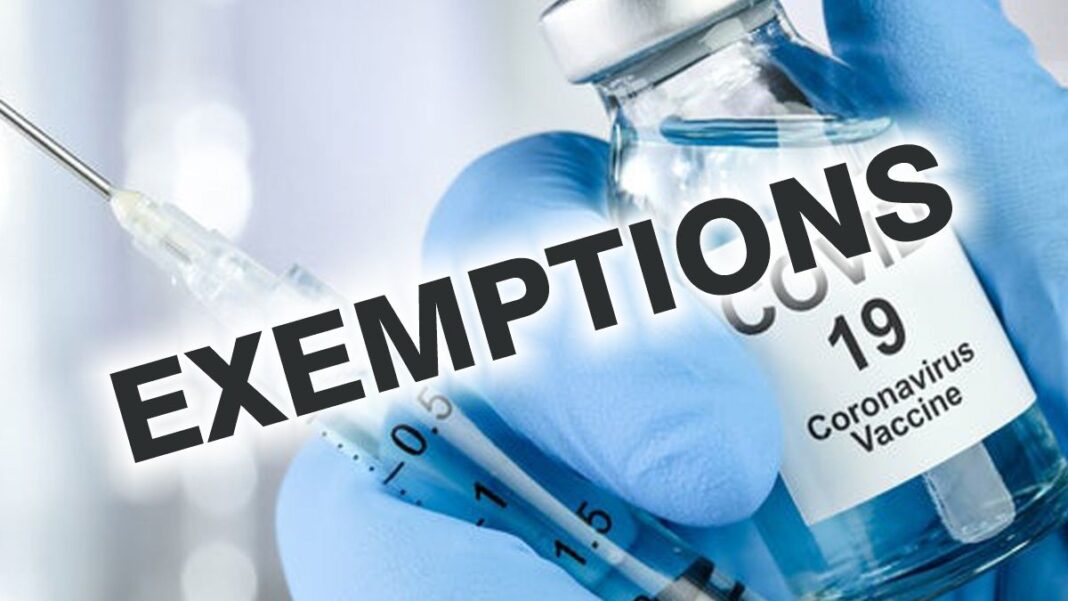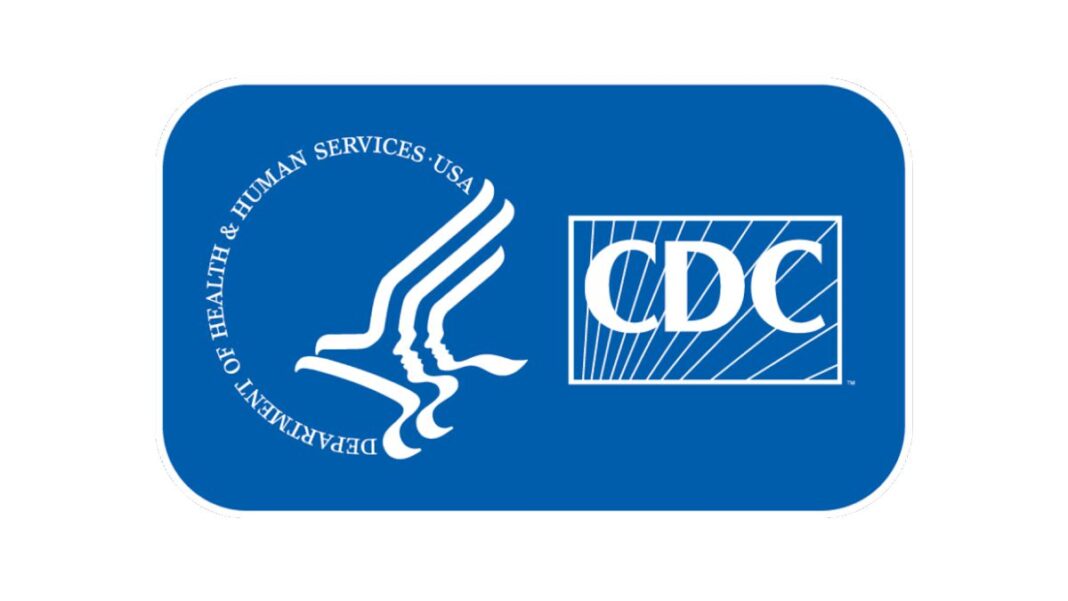In an age when your right to raise your child the way you see fit is being threatened across the country by democrats and the left, republican governors need now more than ever to step up and protect parental rights and informed consent. A great step that republican governors and legislators can take towards supporting more parental choice and providing equal opportunities for workers would be adding a philosophical exemption for vaccines if required for school or work. A philosophical vaccine exemption would allow students’ parents, university students, and workers to be able to opt out of required vaccines for personal, philosophical, and ethical/moral reasons/beliefs. This exemption helps protect the individual’s private medical information. With a philosophical exemption, it is the parents’ choice. At the moment, parents cannot use a philosophical exemption from vaccinations in 35 states. This means that these states do not completely follow the rules set up by federal law that protects sincerely held ethical and moral beliefs, which a philosophical exemption protects, along with religious ones for applicants (applicants can be students attending school, parents can submit applications for their child) and employees.
Links:
A study done by Harvard Pilgrim University sent to HHS states that less than 1% of vaccine adverse events are reported to VAERS (Vaccine Adverse Events Reporting System) https://digital.ahrq.
https://www.law.cornell.edu/uscode/text/42/300aa-11
Here is an example of how vaccinations have benefits, but also carry risks listed on the insert. This is why philosophical vaccine exemptions should be in place, since parents and university students should be allowed to opt-out of vaccinations based on the possible risks, such as adverse reactions.https://www.fda.gov/
Federal laws protect religious, moral, and reason of conscience beliefs in the medical system.
https://www.hhs.gov/conscience/conscience-protections/index.html
Federal law protects ethical and moral beliefs along with religious ones for applicants (applicants can be students attending school, parents can submit applications for their child) and employees.
https://www.eeoc.gov/







